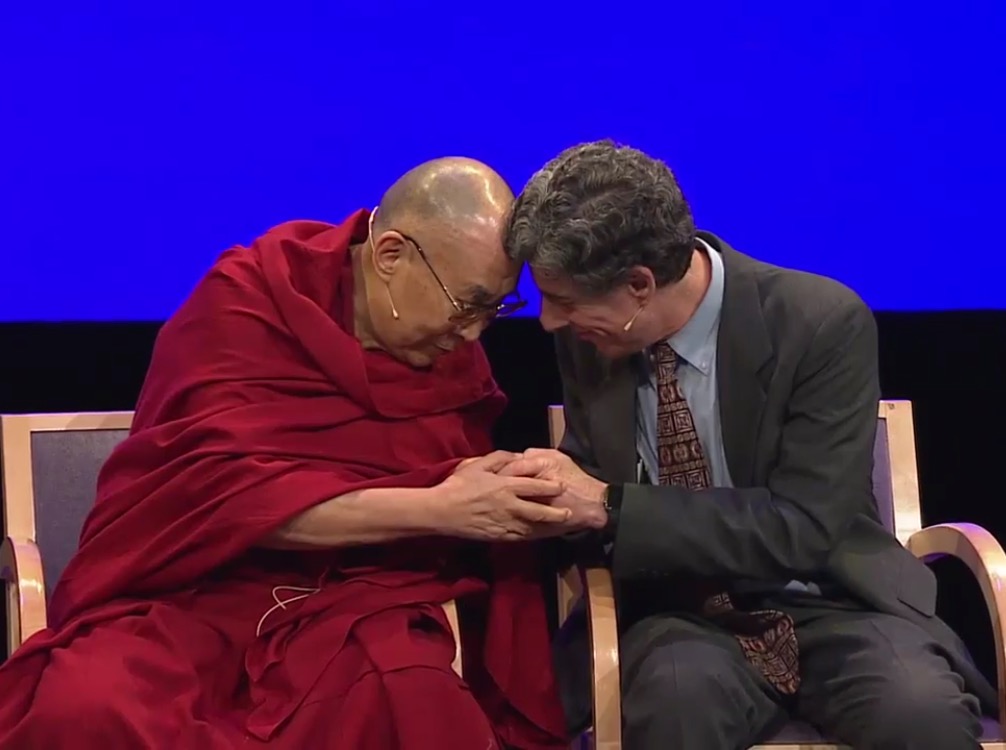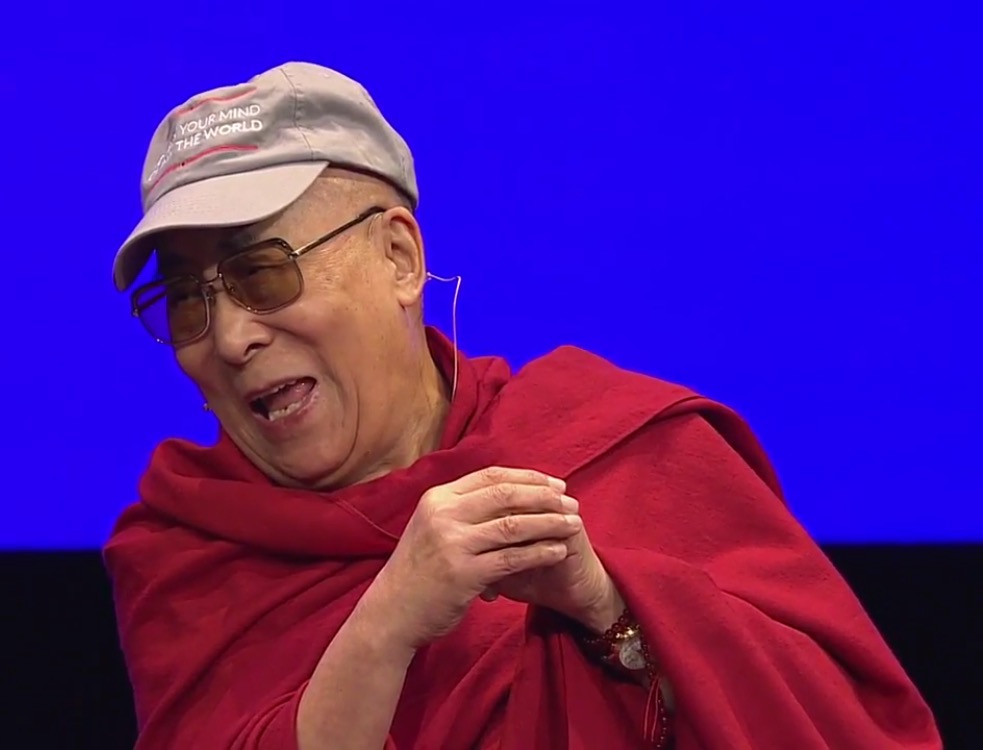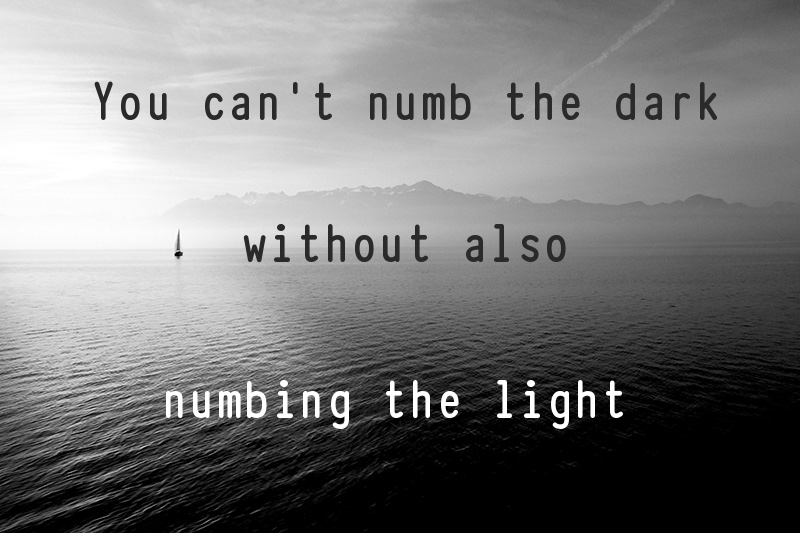I know I'm guilty of the same thing though, busy in my own thoughts, in my own world, not paying attention. The phones ringing, text and email messages are coming in, work needs to get done, life is full. I told you about it, no you didn't tell me, yes I told you yesterday, well I didn't hear you...sound familiar?
In today's world our attention is under siege. We are bombarded with multiple forms of stimuli at all times. A lot of us, a lot of the time, are looking down at our cell phones, paying attention to what our phone is telling us versus paying attention to what is going on around us, or to what someone else is telling us. Especially the younger generation who have grown up with some type of technological device in their hand most of the time. They can be sitting next to someone and choose to text or snapchat the person instead of looking up and have a real interaction.
We go and go and go, distracted by the endless to do lists, the busyness of running to and from activities, the mess of thoughts that are running through our head trying to keep track of it all, the hustle and bustle of keeping up with the tasks of modern day life. Sound familiar? If we are so preoccupied with ourselves and with our own lives, and we are not paying attention, we are potentially missing out on some important details in life. Details bigger than pick up your socks.
Recently I've been studying emotional intelligence and how important our emotional intelligence is to our overall success and happiness in life. Your emotional quotient (EQ) is deemed to be a more important indicator of your success in all areas of your life than is your intelligence quotient. How many of us consciously develop our own, or our children's, emotional quotient?
Emotional intelligence can be defined in multiple ways. Here's one explanation from Psychology Today. Emotional intelligence is the ability to identify and manage your own emotions and the emotions of others. It is generally said to include 3 skills:
1. Emotional awareness, including the ability to identify your own emotions and those of others;
2. The ability to harness emotions and apply them to tasks like thinking and problems solving;
3. The ability to manage emotions, including the ability to regulate your own emotions, and the ability to cheer up or calm down another person.
How can we be aware of our own emotions and those of others when we are distracted with the busyness of life and not paying attention? A wandering, chaotic mind is an unhappy mind.
Daniel Goleman, author of the book Emotional Intelligence, Why It Can Matter More Than IQ, believes that the way to increase your EQ is to be mindful. He believes that mindfulness is about getting intentional about your attention. Getting out of what Goleman calls our "urban trance".
Compassion has been a big theme lately and Goleman also believes that the road to compassion starts with pure attention. Compassion begins with your own emotional hygiene. Once you get yourself in order, you are then able to open your heart so you can be compassionate toward others. Research has found that if we are preoccupied with our own busyness, we will be much less likely to be compassionate toward others. We see suffering, such as a homeless person, out of our periphery vision, but we choose to keep them in the periphery.
This week I invite you to up your emotional quotient by being mindful and intentionally paying attention. Pay attention to your own emotions and to the emotions of those around you. To get out of our urban trance and pay attention to what's in our periphery. In a follow up post I will offer some suggestions on how to use mindfulness to help manage our thoughts, emotions and feelings.
What do you think? Have you noticed yourself operating in an urban trance? Do you believe EQ to be more important than IQ? I would love to hear your feedback on this post. Drop me a comment or send me an email.






 RSS Feed
RSS Feed
